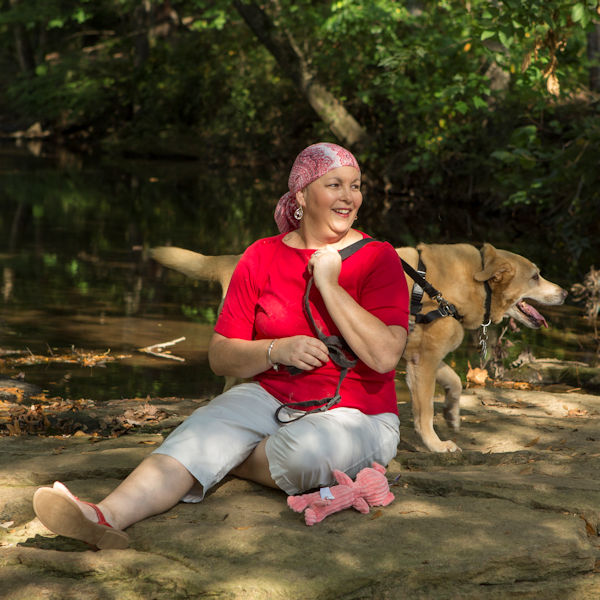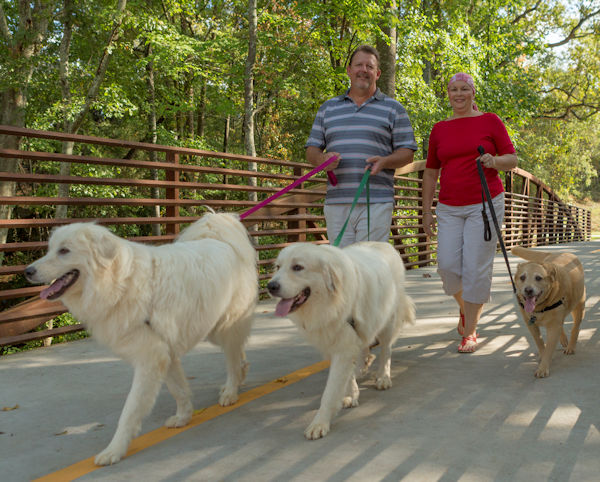Julie Acree sees the world around her as light, shadows, contrast, focus and depth. Filtering the view until she has just the right image, the amateur photographer snaps another great photo.
“I love to get out and play at photography,” said Acree, a 50-year-old mother of two and grandmother of three who enjoys taking pictures of people and nature. “Of my recent photos, my favorite is a senior image I did of my niece. The way the light and shadows hit her face was perfect to really capture her personality.”
When Acree isn’t taking pictures, she enjoys playing tennis, taking walks with her husband and their three dogs, and family time.

The San Diego native moved to Carrollton in 1994. She worked as a quality assurance analyst for Intuit for 20 years before joining the staff at Central Elementary School, where she is in her eleventh year as the school bookkeeper.
Last spring, she was anticipating the upcoming school spring break when the lens on her life presented a picture for which she wasn’t prepared.
It started in February with her annual mammogram.
“I started having mammograms when I was 30 because my mother was diagnosed with breast cancer at age 56,” Acree said. “I wasn’t worried, until a week later when they called to tell me they saw something and I needed to come back for more tests.”
A second mammogram indicated the suspicious area was very close to the breast bone, making it difficult to evaluate.
“I needed an ultrasound and was referred to Dr. Zunzunegui,” Acree recalled. “When I met him for the first time, I knew he was the right doctor for me. He was so patient and kind, taking time to explain things and answer my questions. He’s just so genuine!”
A biopsy determined the lump was cancerous so Acree had an MRI of both breasts to ensure there was no other cancer. The MRI was clear.
Raul Zunzunegui, MD, a board-certified surgeon and Susan G. Komen Fellowship-trained breast specialist with Tanner Cancer Care, performed a lumpectomy that revealed Acree had a high-grade, aggressive type of cancer. He recommended further testing with MammaPrint, a genomic test that analyzes the activity of certain genes in early-stage breast cancer and can help determine a patient’s treatment path.
In some breast tumors the MammaPrint can give us important information about the potential behavior of early breast cancer. That information is then used to determine if the cancer needs to be more aggressively treated with chemotherapy," said Dr. Zunzunegui. “It’s a leading-edge approach.”
Based on the MammaPrint results, Dr. Zunzunegui and the medical oncologist recommended Acree undergo chemotherapy as part of her treatment.
Although each chemo left her with flu-like symptoms and fatigue, she pressed forward with work and life as much as possible.
“After the first chemo I had heartburn that felt like I had swallowed molten lava so I took seven pills a day for that,” she recalled. “You do what you have to do and just put one foot in front of the other.”
She credits her positive attitude for helping her cope with hair loss.

“If I was going to be bald, I was going to have fun with it so I bought different scarves and hats,” she said. “I tied them in different ways and layered them to decorate my head.”
Her positivity was buoyed by Dr. Zunzunegui’s patient-oriented approach.
“He was out of town at a conference when my MRI results came back, but he called me on Friday evening to share the results,” she noted. “I didn’t have to wait to hear back from him or his office staff because they were always on top of things.”
Although Acree completed her 35 radiation treatments in late September, her treatment is not finished. She will take hormone blockers for the next five years since her cancer was both estrogen and progesterone positive.
While Acree still has some fatigue and is recovering from burned, tender skin on her breast and under her arm, she is planning a family trip to San Diego at Thanksgiving and an excursion with her husband to the Caribbean during spring break 2017. She hopes to capture some new pictures in both locales to celebrate her successful treatment.
“I’ve tried hard not to let cancer dictate my life,” she said.
Acree’s dedication to having regular mammograms gets full credit for making these trips and future ones possible.
“My lump wasn’t that big and there was no way I could feel it because of where it was on my chest. If not for that mammogram, the cancer might have spread,” Acree said. “Women need to realize that a couple of minutes of discomfort can save your life. To me, that’s a great picture!”